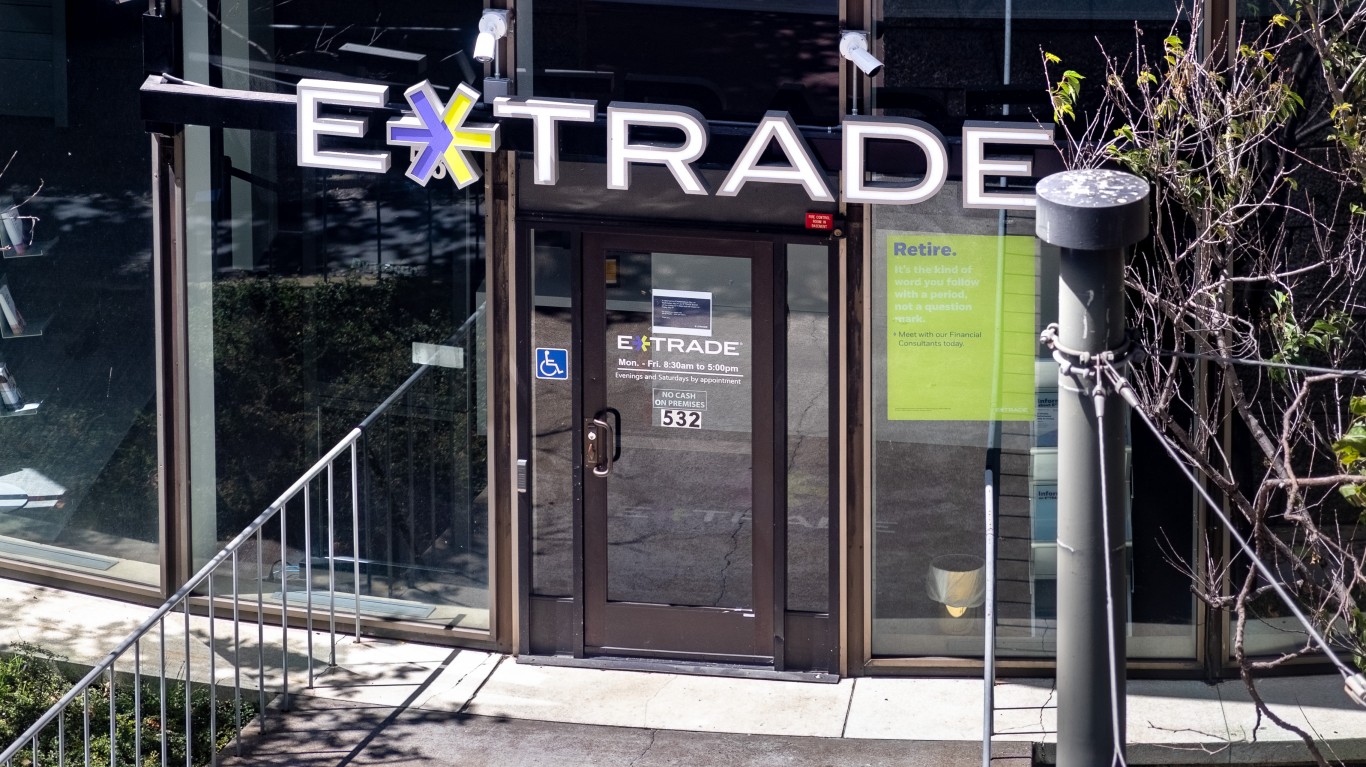
Source: Thinkstock
Now, consider how that might apply to the ratings agencies like Moody’s Corp. (NYSE: MCO) or The McGraw-Hill Companies’ (NYSE: MHP) Standard & Poor’s or Fitch Ratings. Under their current modus operandi the agencies are paid by the bond issuers for ratings. We all know how that worked out, and S&P now faces a federal investigation related to its ratings of mortgage-backed securities prior to the real estate meltdown of 2007.
The logical thing would be for the ratings users to pay for those bond ratings, but the trick would be how to control the way the data gets disseminated. After all, if a brokerage pays for something, it would want to own it. And the bond brokers wouldn’t want to be saddled with bad ratings either because they couldn’t sell dicey bonds to savvy investors. Corporate bond issuers would hate this too.
How about having the federal government pay? Certainly the cost wouldn’t be nearly as high as the cost of propping up and bailing out the financial system. But, realistically, the philosophical and political issues with having the government pay for bond ratings has virtually no chance of gaining any traction.
The ratings system we’ve got — including the threat of federal prosecution — might be the best we can get. But do you really think Moody’s or S&P or Fitch is as trustworthy as Angie’s List? Really?
Essential Tips for Investing: Sponsored
A financial advisor can help you understand the advantages and disadvantages of investment properties. Finding a qualified financial advisor doesn’t have to be hard. SmartAsset’s free tool matches you with up to three financial advisors who serve your area, and you can interview your advisor matches at no cost to decide which one is right for you. If you’re ready to find an advisor who can help you achieve your financial goals, get started now.
Investing in real estate can diversify your portfolio. But expanding your horizons may add additional costs. If you’re an investor looking to minimize expenses, consider checking out online brokerages. They often offer low investment fees, helping you maximize your profit.
Thank you for reading! Have some feedback for us?
Contact the 24/7 Wall St. editorial team.



